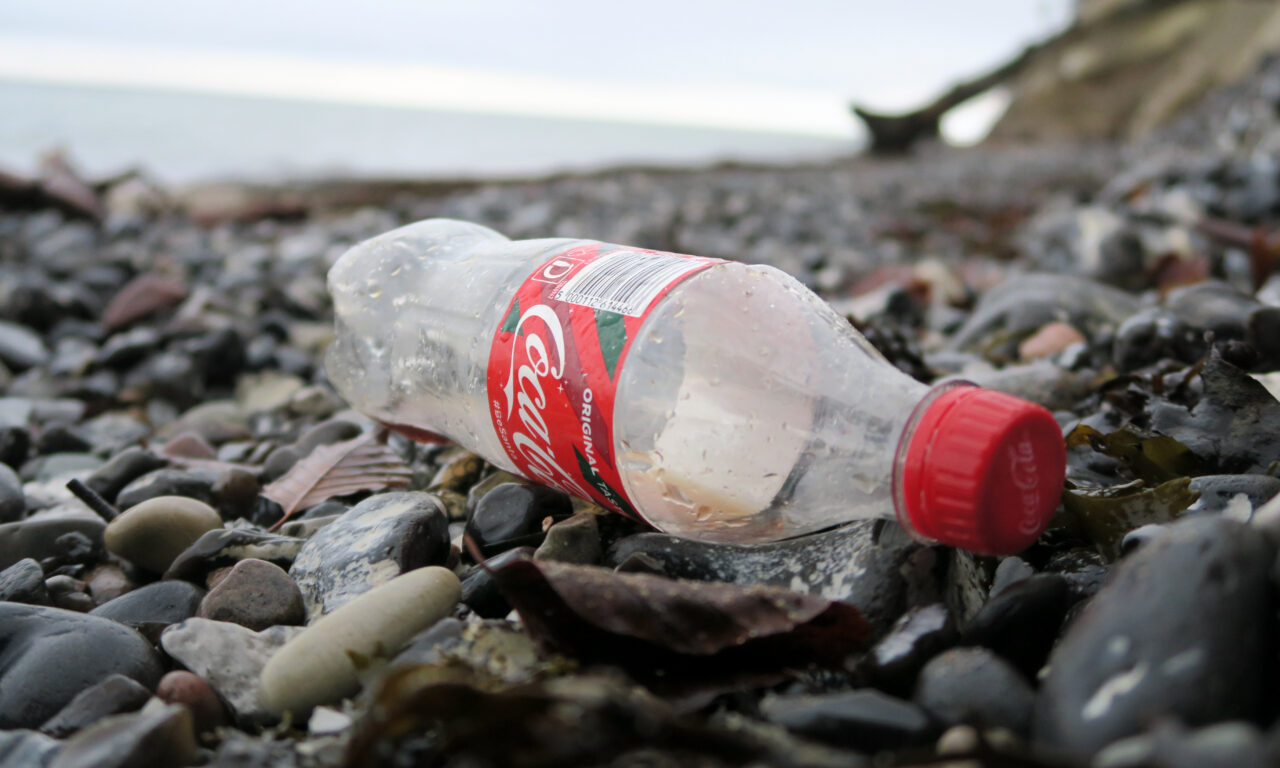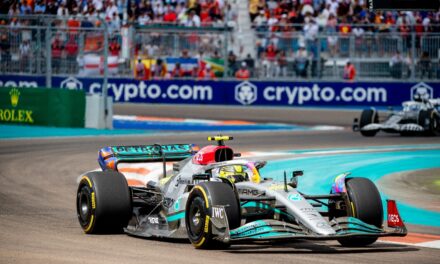Is Coca-Cola’s sponsorship of COP27 greenwashing?

One of the greatest benefits of sponsorship is the ability to enhance or alter stakeholder brand perception. In most cases, this is achieved by piggybacking off audiences’ positive associations with the team, event or individual you choose to sponsor. Some brands use this tactic to highlight existing brand attributes, while others use it to mask negative ones. Both can work effectively, but one tends to backfire more than the other.
Greenwashing, for those unfamiliar with the term, is the use of marketing to present an environmentally friendly image for a company that is anything but. BP is no stranger to these accusations. The company’s various partnerships with the National Portrait Gallery and TATE Britain have been the subject of countless protests from across the art world.
The difficulty with the BP approach is that harmful effects brought about by oil and gas are not linked to art. The rationale would appear to be that I will do some bad in the world, but I will cover it by doing some good. This is quite close to the textbook definition of greenwashing.
The case of Coca-Cola and COP27 could be quite different. The objection environmentalists have is not that selling fizzy cola is particularly bad for the environment but that the 100 billion plastic bottles you sell it in are.
Whether Coca-Cola’s sponsorship of COP27 is greenwashing or not could be determined by its commitment to the cause.
Coca-Cola said, “We share the goal of eliminating waste from the ocean and appreciate efforts to raise awareness about this challenge. We are prepared to do our part and have set ambitious goals for our business, starting with helping to collect and recycle a bottle or can for every one we sell – regardless of where it comes from – by 2030.
In 2020 we signed a joint statement urging United Nations member states to adopt a global treaty to tackle the plastic waste issue through a holistic, circular economy approach … Our support for Cop27 is in line with our science-based target to reduce absolute carbon emissions 25% by 2030, and our ambition for net zero carbon emissions by 2050.”
If the above is to be believed, this would seem the perfect event to highlight this commitment. However, promises like this carry a lot more weight when they come from a company that is, at the very least, making good progress towards its goals. At the time of writing, the drinks giant remains the biggest contributor to plastic waste globally. For this reason, Coca-Cola’s greenwashing sponsorship of COP27 will have to remain guilty until proven innocent.
There has been a significant need for brands to make sustainable initiatives, read our article on Sustainability voted the top priority amongst sponsors.








